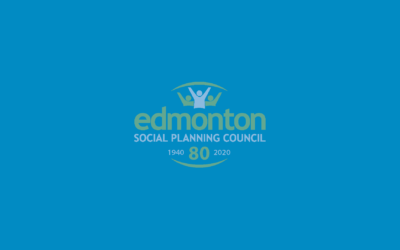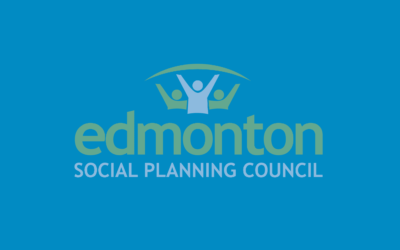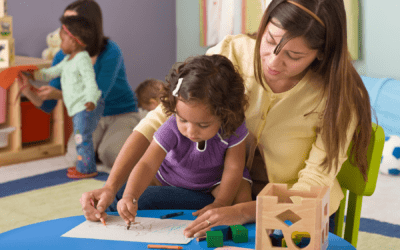Download: 2019 Alberta Budget fACTsheet
Introduction
The 2019 budget, which runs until March 31, 2020, is titled A Plan for Jobs and the Economy. The main priorities it identifies is creating jobs and reducing the deficit. We are now almost 7 months into the 2019-20 budget year, so many of the big changes announced will not take effect until next spring’s budget covering the 2020-21 fiscal year which starts on April 1, 2020.The government fiscal plan will see a 2.8 per cent reduction in spending over the next four years or $1.3 billion lower than 2018-19 levels. Since Alberta’s inflation and population growth is going up about 3.5 per cent per year, in real per capita terms this represents a spending reduction of 17 per cent.To address this spending reduction, the size of the public service is expected to shrink by 7.7 per cent. The reductions will be achieved largely through attrition, although some layoffs will also occur.Revenue Measures
Revenue is forecast to remain flat at $50 billion in 2019-20 and $50.1 billion in 2020-21 and will increase to $57.5 billion in 2022-23. A modest but realistic oil price outlook, along with market access issues, impede revenue growth over the next two years.In addition, the carbon levy from the previous NDP government was repealed as of May 30, 2019. The corporate tax rate will decrease from 12 per cent to eight per cent over a period of two and a half years. Conversely, personal income taxes will be going up due to exemptions and tax brackets no longer being indexed for inflation.Child Benefits
The Alberta Child Benefit and the Alberta Family Employment Tax Credit, two programs designed to support lower- and middle-income working families will be replaced with a new Alberta Child and Family Benefit program starting in July 2020.While the base benefit for the lowest income families is being increased by 15 per cent, the benefit will be phased out more quickly as income rises so fewer families will receive the benefit. That’s why the new single benefit will deliver about $40 million less to Alberta families than the two benefits delivered by the previous government.Affordable Housing and Homelessness
Funding for affordable housing and homelessness is being maintained for the balance of the 2019-20 fiscal year. Starting next year there will be a 24 per cent reduction to the Rental Assistance Program and a 3.5 per cent reduction in operating budgets for housing management bodies like Capital Region Housing. Partnerships will be pursued with housing management bodies and private sector to reduce the public costs of affordable housing. Eight million dollars is also being made available to the Hope Mission to build a new emergency shelter in Edmonton.Childcare and Child Intervention
Funding for early intervention programs will be reduced to $91 million in the 2020-21 compared to $104 million this year. Child intervention funding is being kept at the same level as this year’s funding for the following three years without adjustments for caseload growth or inflation.
The Early Learning and Child Care centres (aka $25 per day child care) pilot project will continue until the end of their three-year terms and thereafter reviewed with no assurance that they will be continued or expanded.
Employment and Income Support
Assured Income for the Severely Handicapped (AISH), the Alberta Seniors Benefit, Income Support, and Special Needs Assistance programs are being kept at their current levels, however they are being de-indexed from the Consumer Price Index (CPI). This means they will not be kept up with the rising cost of living.
A full program review will be undertaken to address the rapid growth of costs for AISH, Persons with Developmental Disabilities, and Family Support for Children with Disabilities. A $193 million reduction in funding for Employment and Income Support (social assistance) is expected between now and fiscal year 2022-23 due to expected reductions in caseloads due to an improving economy.
The Summer Temporary Employment Program (STEP), which provides funding to employers to hire high school or post-secondary students for summer jobs, will be eliminated after the 2019 program year. This will have a detrimental impact on students seeking to build their job-related experiences and skillsets when pursuing careers in their field of study.
Addiction and Mental Health
Over the next four years, an additional $100 million will go towards a mental health and addiction strategy, $40 million for an opioid response, $20 million for palliative care, and $6 million for a new sexual assault hotline.
Seniors Drug Coverage
Coverage for non-senior dependents including spouses under seniors’ prescription drug coverage is being ended. Income testing may be introduced for seniors’ drug coverage.
Community Supports and Family Safety (CSFC)
There is $125 million budgeted for CSFC for fiscal year 2019-20 which will increase to $134 million in the next three years. The Family and Community Support Services (FCSS) budget has been maintained at the same level during this time.
K-12 Education
School nutrition programs will see a 20 per cent increase after earlier facing the threat of elimination. However, the school fee reduction program is instead being eliminated.
An estimated additional 60,000 children are expected to enter the K-12 education system during the next four years. However, education funding is being kept at the same $8.2 billion level. Neither inflation nor enrolment growth is being funded.



